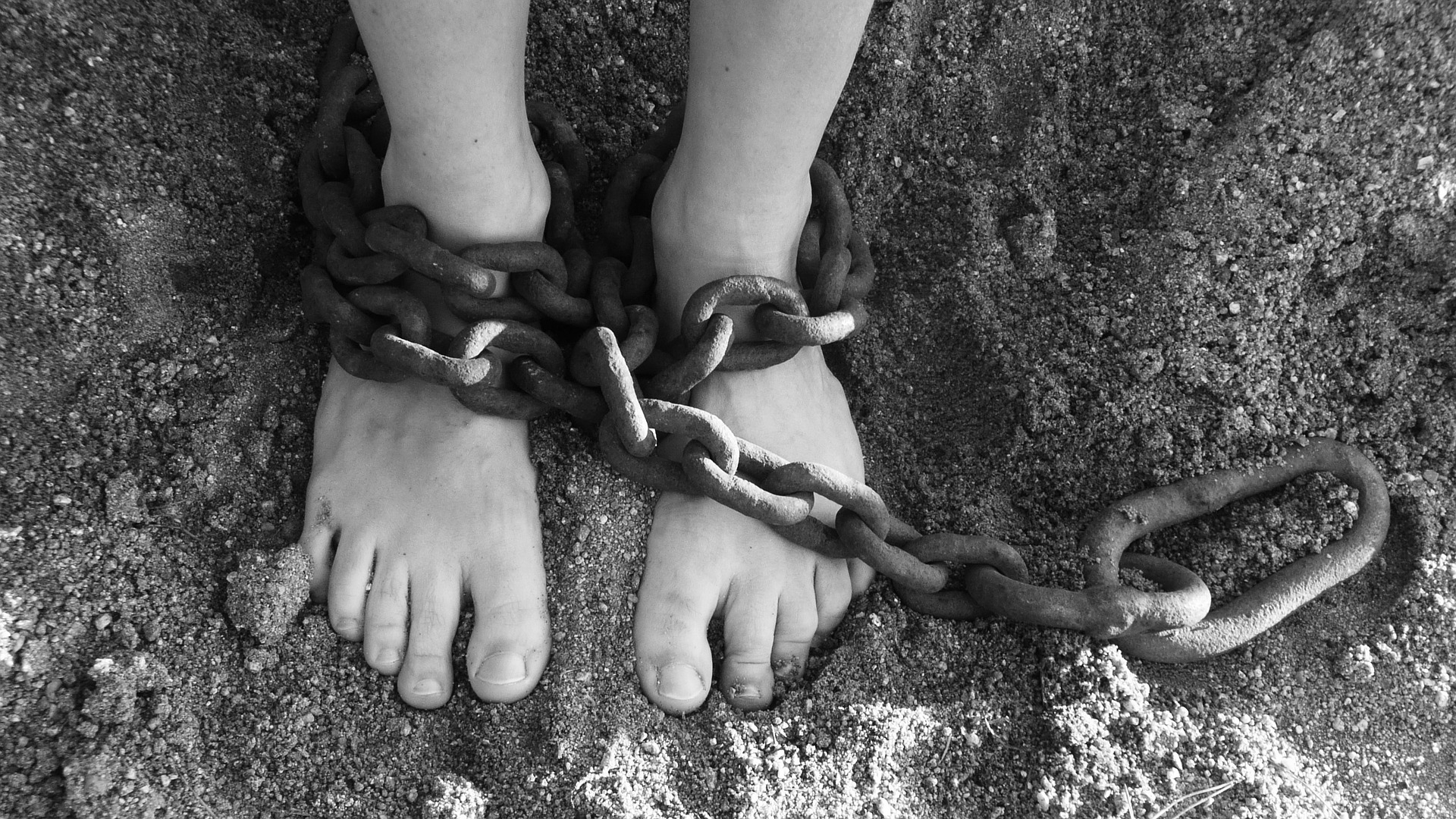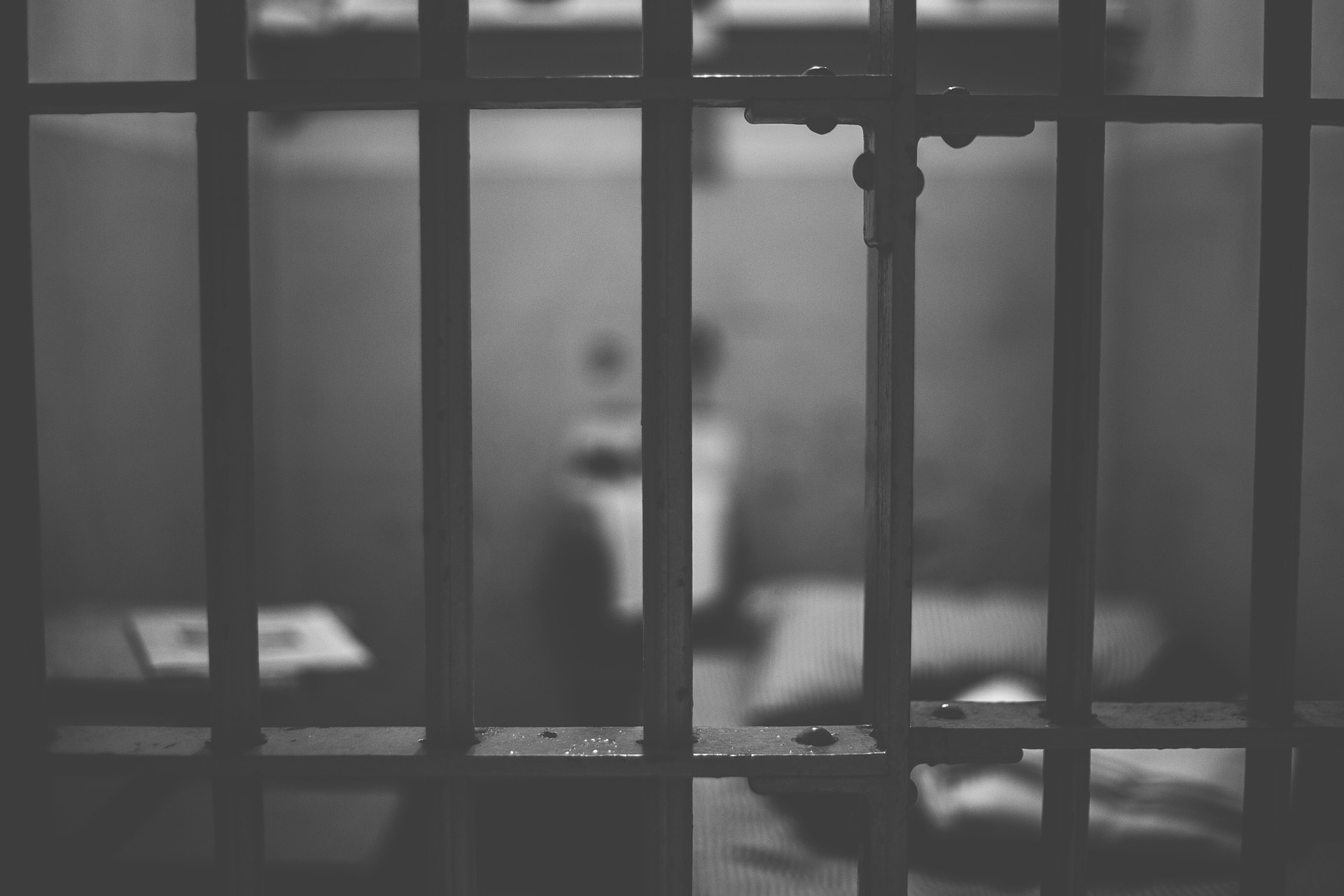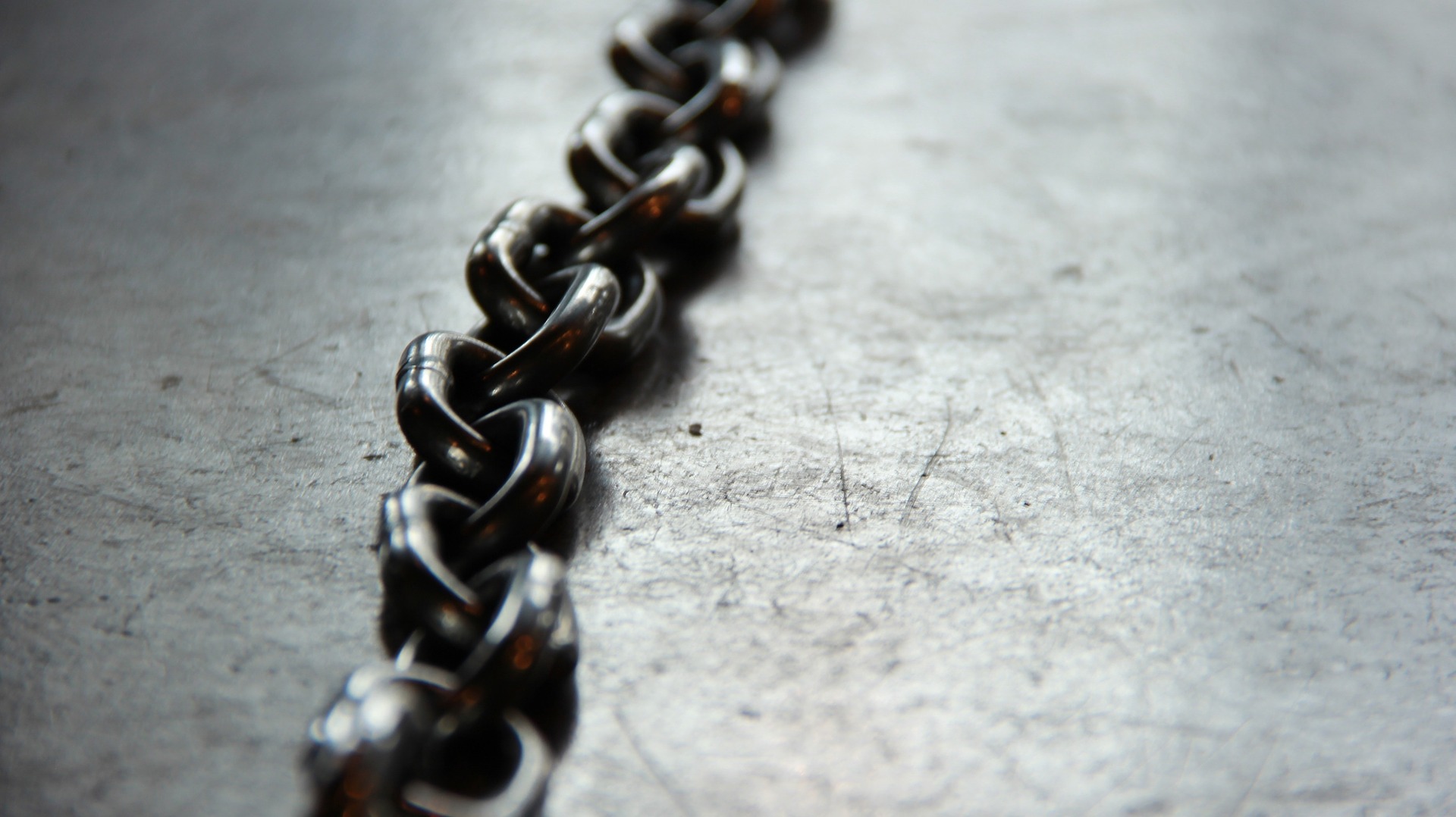The Long Song – a celebration of resilience and pride

Award-winning novelist Andrea Levy explained that she came to write The Long Song by participating in a conference where a young woman stood up to ask how she could feel pride of her Jamaican roots when her ancestors had been slaves. Levy felt that this was no cause for shame but rather “a rich and proud heritage”.
The BBC dramatisation of Levy’s novel provides rich material not only for teachers of literature, history and film-making but also for educators seeking resources for cross-curricular learning. However, the transatlantic slave trade is usually included in the teaching of the Key Stage 3 National History Curriculum but it is not a statutory requirement. Some educators believe that it should be, and that it should be studied at earlier and later stages of the school curriculum as well. There is also a view that the subject should be taught in a more integrated way.
Educators and academics argue that Britain benefited from the transatlantic slave trade for three hundred years and that it underpinned a substantial part of the national economy. The slave trade also had a considerable impact on social and political development, both nationally and internationally. Its legacy resonates today in the way that it affects the lives of individuals and the society we live in.
The programme begins on Tuesday 18 December 2018 at 9 pm on BBC 1.

Broadcast media resources on the slave trade
The Long Song is set in the final years of the slave trade. When the British Government abolished slavery, the enslaved people were freed – but the ones who received compensation were the owners who had lost their property. The extraordinary decision to pay compensation and the issues around slave ownership before then are explored in ‘Britain’s Forgotten Slave Owners.’
BBC Teach resources:
- Britain’s Forgotten Slave Owners: a series of clips presented by David Olusoga exploring the abolition of the slave trade and the staggering decision to compensate slave owners for their loss of ‘property’!
- How British Slave Owners fought for compensation: David Olusoga delves deeper into the fight by slave owners for compensation.
BBC Bitesize resources:
- KS3 revision guide on the triangular slave trade
- KS3 revision guide on the development of the transatlantic slave trade
- Higher revision guide on the importance of the slave trade to the British economy
- Clips from the series Slavery: Scotland’s Hidden Shame
Other resources:
- The International Slavery Museum resources for schools
- University College London hosts The Centre for the Study of the Legacies of British Slave-ownership. They have a searchable database of slave owners. The Centre’s website states that “Colonial slavery shaped modern Britain and we all still live with its legacies. The slave-owners were one very important means by which the fruits of slavery were transmitted to metropolitan Britain. We believe that research and analysis of this group are key to understanding the extent and the limits of slavery’s role in shaping British history and leaving lasting legacies that reach into the present.”
- The Abolition Project: created in the East of England and celebrating the work of local abolitionist Thomas Clarkson and his colleagues, this site has ideas for teachers as well as a variety of resource material.
- A ‘Long Read’ from the Guardian, ‘When Will Britain face up to its crimes against humanity’ provides a passionate polemic on the subject.

Modern Slavery
Slavery has not gone away. It is a feature of our modern age and blights the lives of many.
BBC Four’s Why Slavery? season is a series of films exploring the extent of the slavery that exists around the world today.

